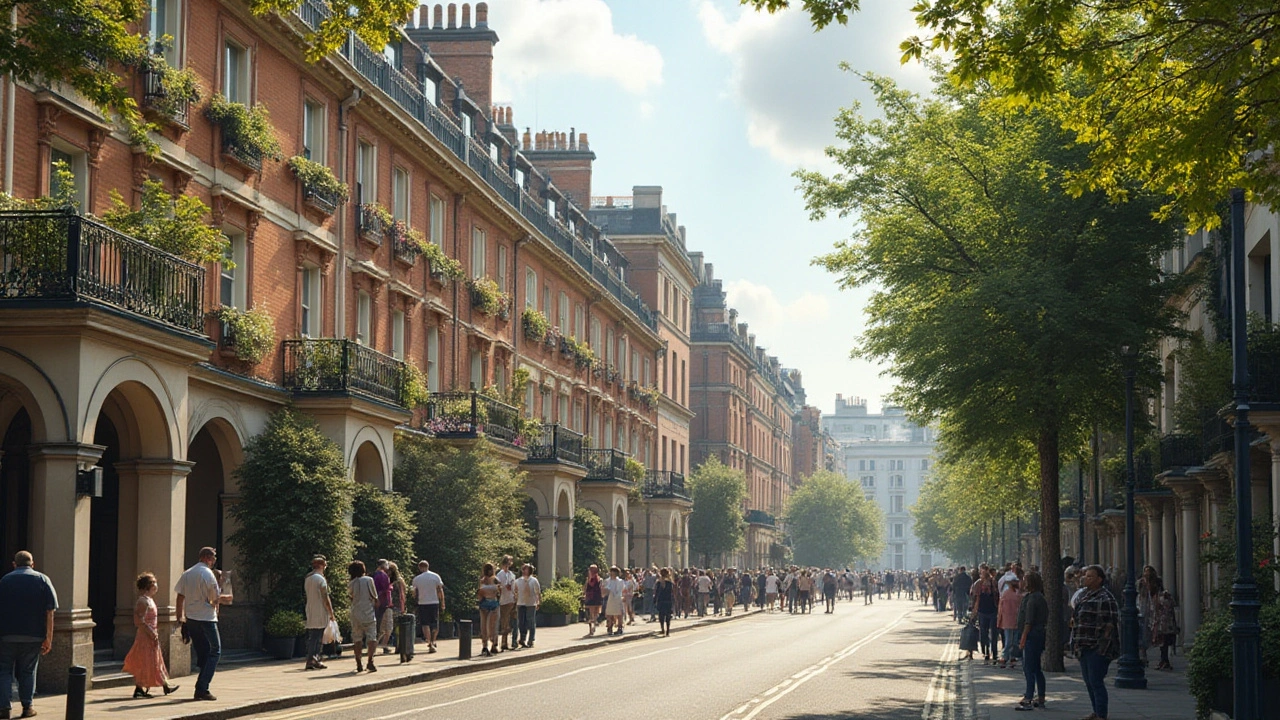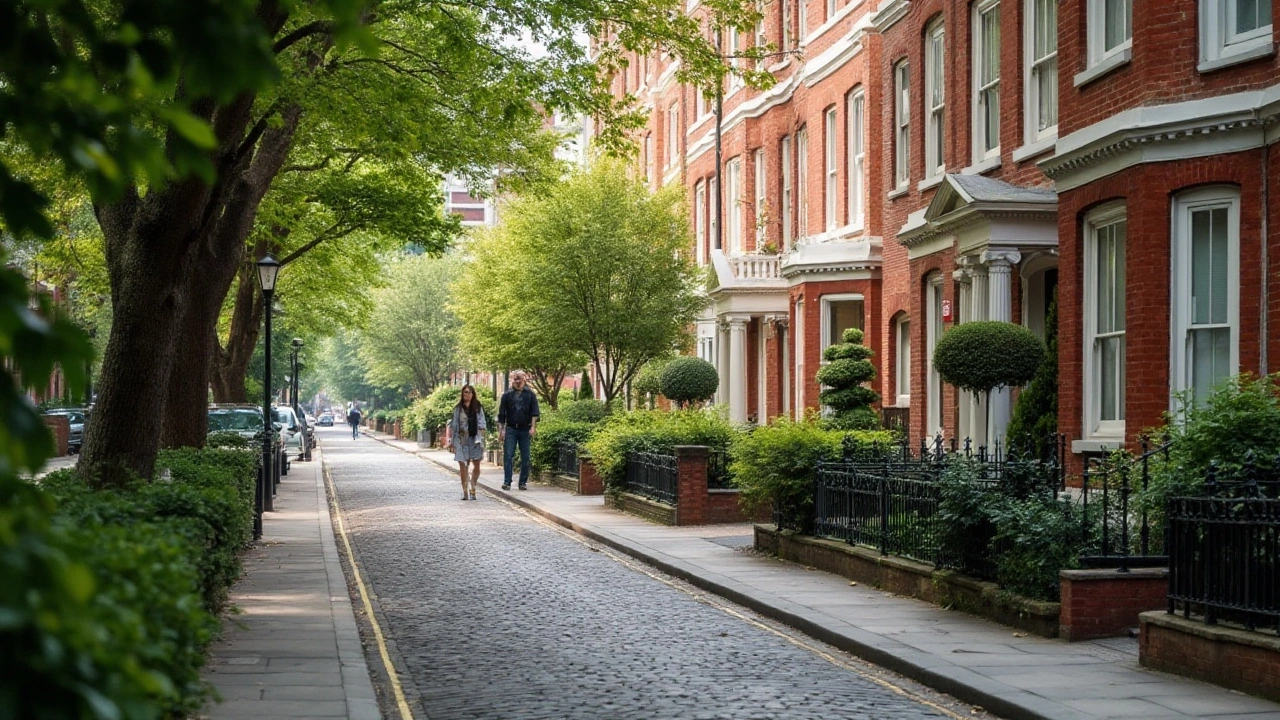Colonial architecture, with its distinct blend of European influences and local adaptations, remains significant today as it enhances contemporary design and urban planning. Its emphasis on symmetry, simplicity, and functionality lends itself to modern aesthetics, while also offering sustainable solutions and cultural depth. As cities grow, understanding and integrating colonial architectural principles can address environmental and social challenges. By preserving these structures, we maintain historical continuity and celebrate diverse cultural influences.
Heritage buildings: read history, protect value, and reuse smartly
Heritage buildings hide useful lessons in plain sight. From a crumbling cornice to a thick stone wall, these elements tell you what materials lasted and why. If you care about design, money, or community, knowing how to read and care for heritage structures pays off.
Start by looking beyond pretty facades. Old buildings often use passive cooling, durable joinery, and local materials that cut maintenance costs. Spotting these features helps you plan repairs that respect history and avoid expensive mistakes. I’ll show simple, practical checks you can use whether you’re a homeowner, designer, or curious walker.
How to spot key features
Check the foundation and walls first. Solid brick or stone often means the structure has survived climate stress for decades. Look for mortar condition—soft or missing mortar is fixable, but crumbling brick needs a structural eye. Next, inspect windows and doors. Original timber sashes and hardware are repairable and add value. If they’ve been swapped for cheap uPVC, consider restoring originals to bring back performance and character.
Notice roof form and materials. Slate, clay tile, and lead flashing last longer when maintained. Learn the local roof vernacular—this gives clues about craft and seasonality in the building’s past. Inside, watch floor levels and joinery. Uneven floors often mean settlement; it can be managed if assessed early. Original plaster and moldings are repairable and usually cheaper to conserve than to replace.
Practical steps for owners and stewards
Get a short condition report before spending big. A one- to two-page checklist from a conservation-aware contractor saves wasted work. Prioritize fixing leaks and controlling humidity—moisture causes most long-term damage. Use breathable materials on old walls; modern cement render traps moisture and accelerates decay. When replacing elements, match original materials where possible. If that’s impossible, choose compatible modern alternatives and document changes.
Think adaptive reuse rather than demolition. Converting a heritage warehouse into apartments or studios often costs less than rebuilding and keeps the building’s energy footprint low. Grants and tax incentives exist in many places for protected buildings—check local heritage bodies before you start work.
Finally, involve the community. Heritage buildings are public memory: talking to neighbors, local historians, or craftspeople uncovers stories and practical tips you won’t find in reports. Share plans early; small changes are easier to approve when people understand the benefits.
Quick checklist before work: 1) Photograph and document existing conditions. 2) Stop leaks and secure loose elements. 3) Get advice from a conservation-aware pro. 4) Use breathable repairs and match original materials. 5) Talk to local heritage office about permits and funding. Following these steps prevents costly mistakes, speeds approvals, and keeps the building’s story intact.
Start small: save original fabric, repair before replace, and track changes with photos regularly.
Heritage buildings are working tools, not museum pieces. Treat them as assets with history and utility—fix what falters, keep what works, and adapt where needed. That approach saves money, keeps character, and keeps these buildings useful for the next generation.
In this article, explore the roots and evolution of colonial architecture, a significant style that shaped numerous countries' residential and public buildings. Delve into the distinctive features of various colonial architectural styles and gain insights into notable examples around the world. The article also provides tips for identifying and appreciating these historic structures.


